Directory
- Share
Nicole Person-Rennell
- Alumni
- United States
- 2011 MPhil Public Health
- St John's College

Nicole Person-Rennell
- Alumni
- United States
- 2011 MPhil Public Health
- St John's College
I am a medical student at Mayo Medical School in Rochester, Minnesota on a lovely public health academic leave, originally from Phoenix, Arizona. In pursuing a career as a public health physician, I hope to focus on addressing social determinants of health and women’s health issues, whether through work with an NGO or with a government agency. In medical school, I have been privileged to work with clinicians in multiple research projects, including examining post-partum depression outcomes, family planning educational models, medical students’ attitudes in service projects, and a humanities based anatomy project. I was also able to research domestic violence and public health in South Africa for one year as part of an undergraduate study abroad program focused on service learning; I have continued to work with women experiencing domestic violence in the Rochester community and focused a dance education project on domestic violence issues in Arizona.
Mateja Peter
- Alumni
- Slovenia
- 2007 PhD International Studies
- St John's College
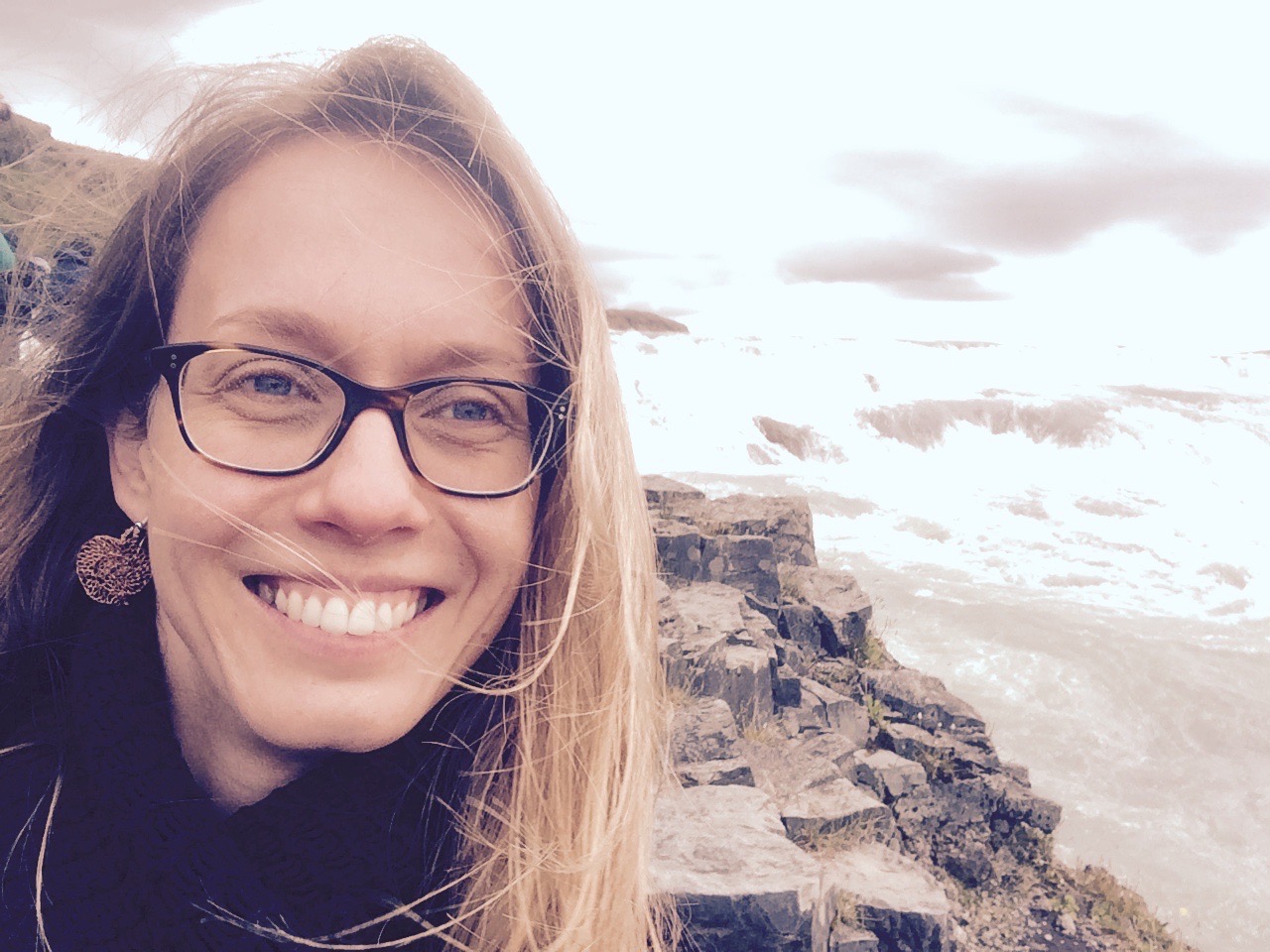
Mateja Peter
- Alumni
- Slovenia
- 2007 PhD International Studies
- St John's College
I work as Lecturer in the School of International Relations at St Andrews University and a Senior Research Fellow at the Norwegian Institute of International Affairs (NUPI). I completed my PhD as a Gates Scholar at the Department of Politics and International Studies, University of Cambridge. Subsequently, I held post-doctoral positions at the Norwegian Institute for Defence Studies (IFS) in Oslo, the German Institute for International and Security Affairs (SWP) in Berlin and at the United States Institute of Peace (USIP) in Washington.
My broad research interests lie in areas of global governance, international organisations and the politics of international law. I work on peace operations and state-building, questions of international authority, and broader politics of international interventions in (post-)conflict territories.
Geneva Peterson
- Alumni
- United States
- 2007 PhD Chemistry
- Trinity College

Geneva Peterson
- Alumni
- United States
- 2007 PhD Chemistry
- Trinity College
During my time at Cambridge I worked in a Supramolecular Chemistry group in which I made many, many good friends including Gates Scholars Sophie Beeren and Nandhini Ponnuswamy. The original goal of my research was to design, synthesize, and study a divalent porphyrinic ligand which would bind two different metal centres. Although the proposed synthetic methodology had been used extensively for thousands of other similiar derivates, when using the particular synthetic precursors I chose, a different kind of molecule was generated. My PhD became a much more fundamental and synthetic endeavour than I or my supervisor had expected. I investigated the structure and properties of the new molecule (an expanded porphyrin)and also the reaction that generated it.
Dimitrios Petousis
- Alumni
- Greece
- 2001 PhD Engineering
- St John's College
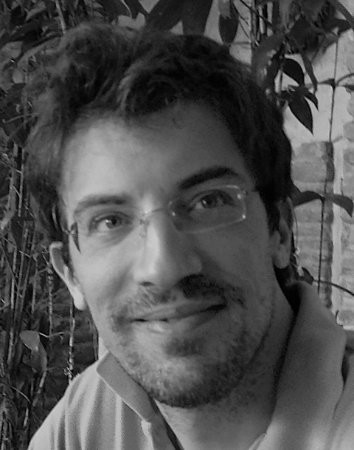
Dimitrios Petousis
- Alumni
- Greece
- 2001 PhD Engineering
- St John's College
Monica Petrescu
- Alumni
- United States
- 2011 MPhil Economics
- Trinity College
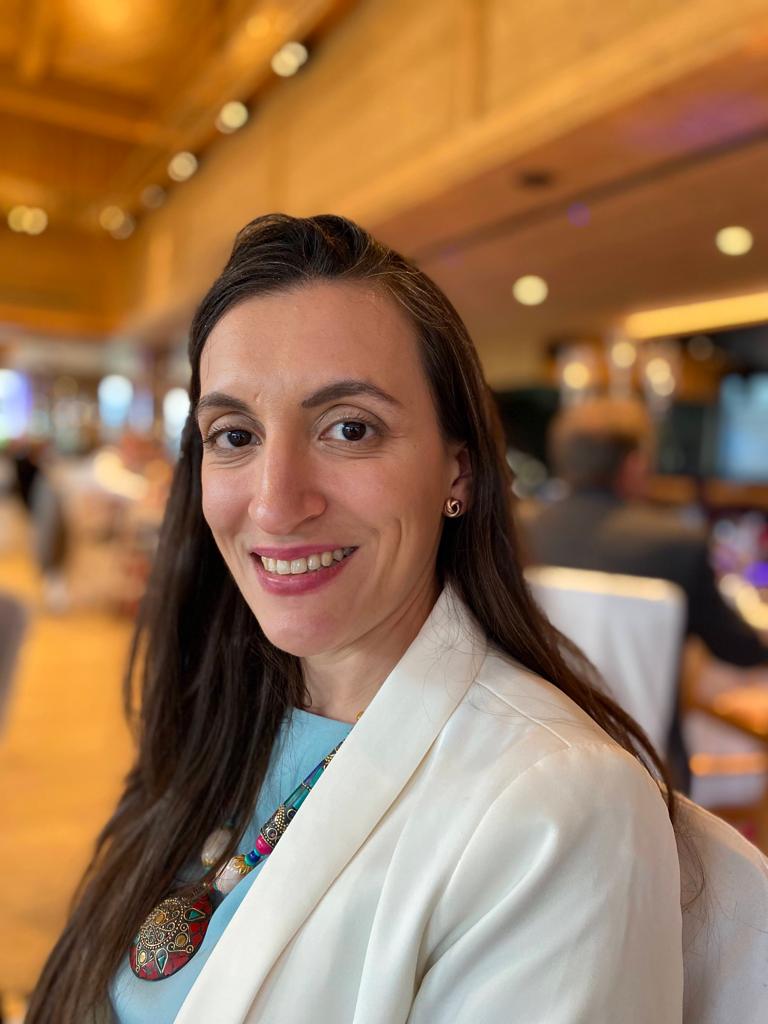
Monica Petrescu
- Alumni
- United States
- 2011 MPhil Economics
- Trinity College
Nicholas Petrie
- Alumni
- Australia
- 2017 PhD Law
- Gonville and Caius College
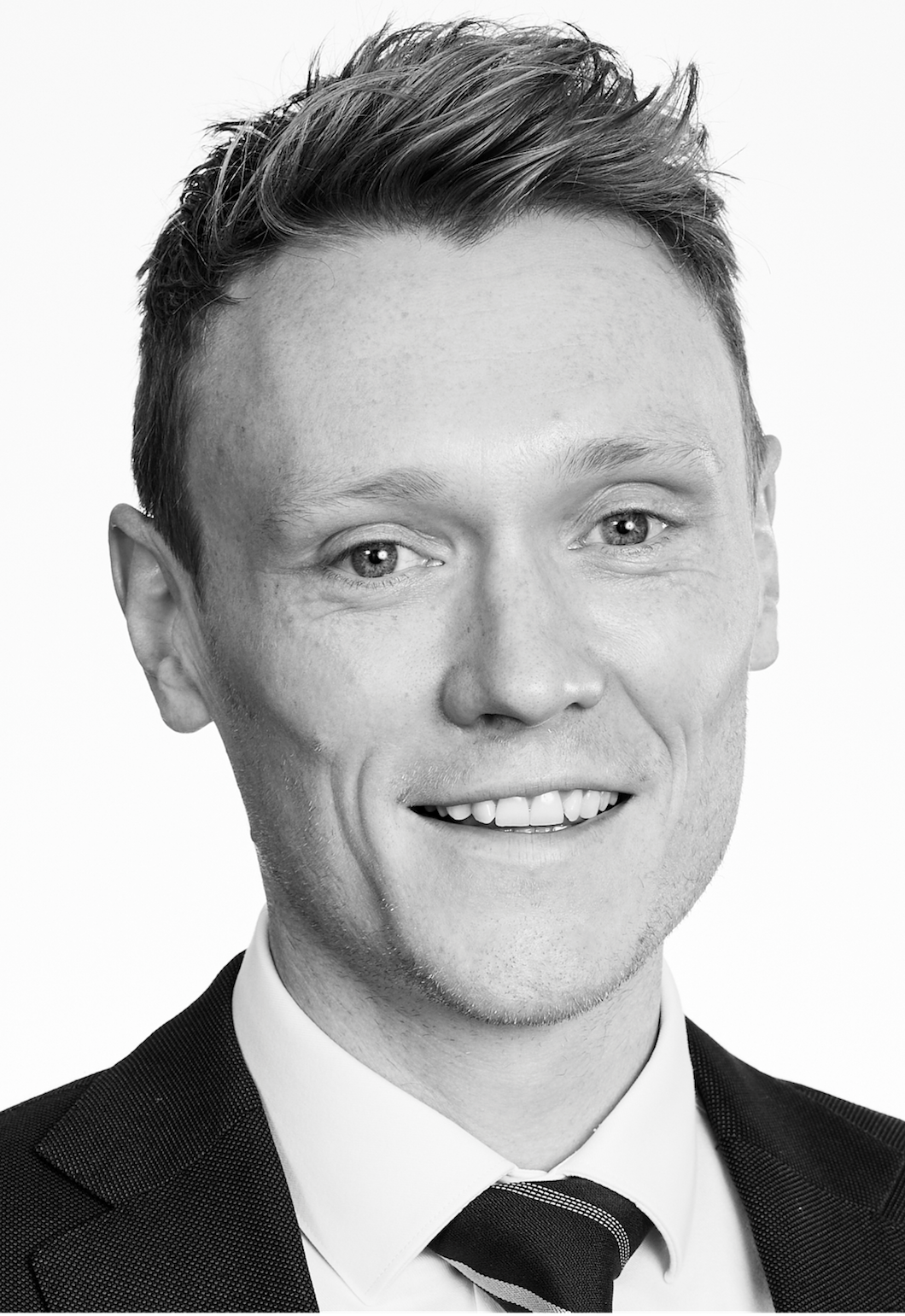
Nicholas Petrie
- Alumni
- Australia
- 2017 PhD Law
- Gonville and Caius College
Nicholas Petrie completed a PhD in Law between 2017-20. His thesis focused on human rights protections inherent in the Australian constitutional system. It was examined by Professor Trevor Allan and the Hon Robert French AC.
Prior to Cambridge, Nick had practised as a solicitor at top tier law firms, the UK Government Legal Department and the North Australian Aboriginal Justice Agency. He had also been a Judicial Assistant to the Rt Hon Lord Dyson. In additon, Nick had volunteered at a number of institutions, including the International Criminal Tribunal for Rwanda and the British Institute of International and Comparative Law.
After leaving Cambridge, Nick joined the Victorian Bar, where he has a broad practice, including a focus on human rights and climate change litigation.
Further details can be found here: https://www.vicbar.com.au/profile/9863
Previous Education
University of Melbourne
London School of Economics and Political Science
Veselina Petrova
- Alumni
- Bulgaria
- 2015 PhD Clinical Neurosciences
- Hughes Hall
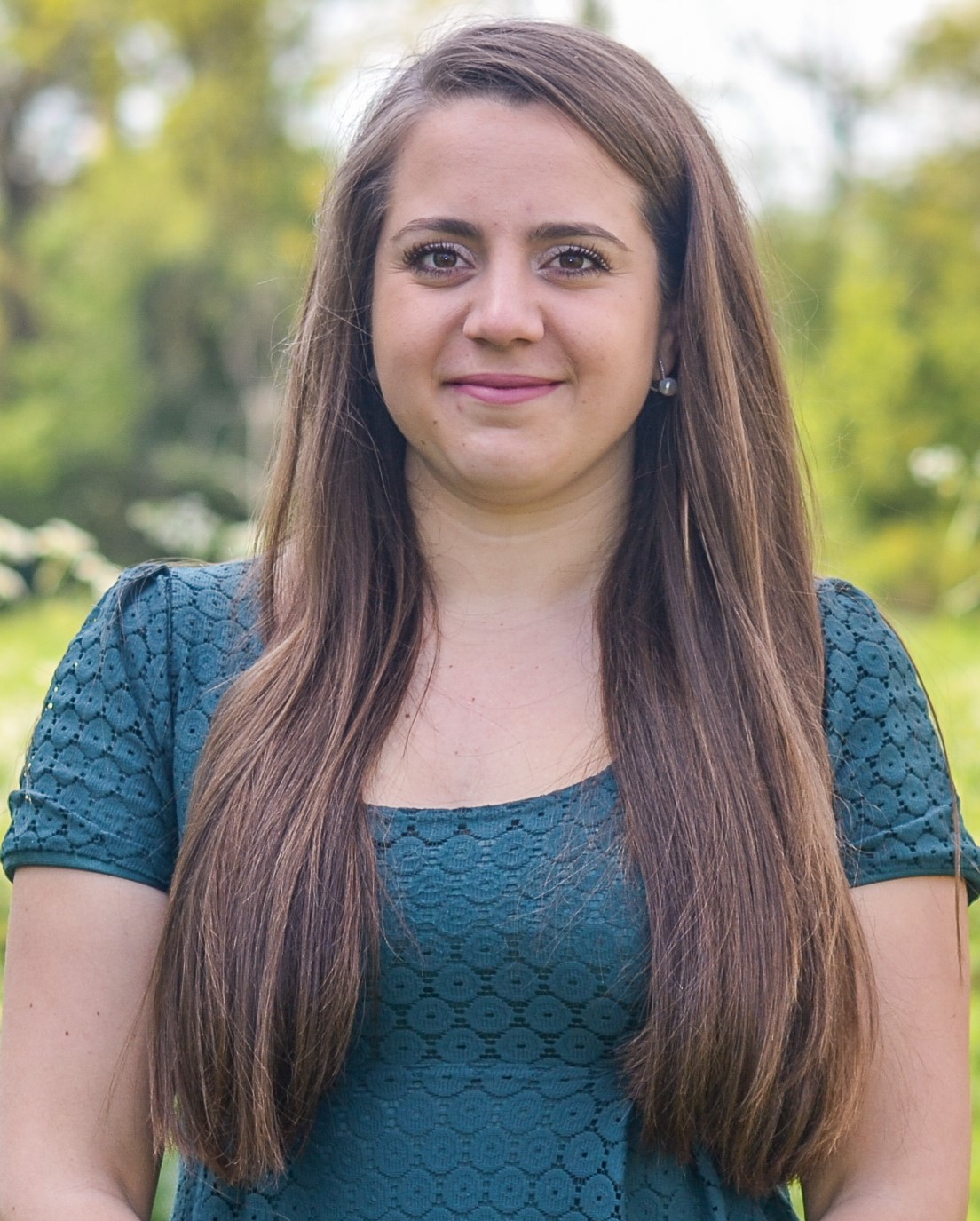
Veselina Petrova
- Alumni
- Bulgaria
- 2015 PhD Clinical Neurosciences
- Hughes Hall
Originally from Bulgaria, I moved to the UK six years ago when I was awarded the HMC scholarship to study at a British boarding school – Dollar Academy. I first became interested in the clinical neurosciences last summer during my research experience at the Swiss Federal Institute of Technology where I worked on a mouse model of amyotrophic lateral sclerosis and on advancing some of the current tools available for gene therapy. My interests were further developed through my dissertation project which I am about to finish as part of my undergraduate degree at Edinburgh University, in which I characterised some of the major pathological changes in a novel mouse model of Alzheimer’s disease. Today I look forward to starting my PhD degree in Prof. James Fawcett’s laboratory in Cambridge where I will be exploring what goes wrong inside nerve cells upon spinal cord injury and will hopefully be able to design new strategies to repair the damage. My ultimate aim is to enhance the understanding of the neurodegenerative and regenerative processes in the brain and to provide improvements to the diagnosis, treatment and quality of life of the affected individuals and their families. I am also passionate about scientific communication and I have been involved in writing for the Science and Environment section of the Student newspaper over the past few years. I hope that as a Gates scholar, I will be able to reach out to communities and bridge the gap between scientists and the public.
Previous Education
The University of Edinburgh
Sergiu Petrusca
- Scholar
- Romania
- 2023 PhD Nanoscience and Nanotechnology
- St John's College
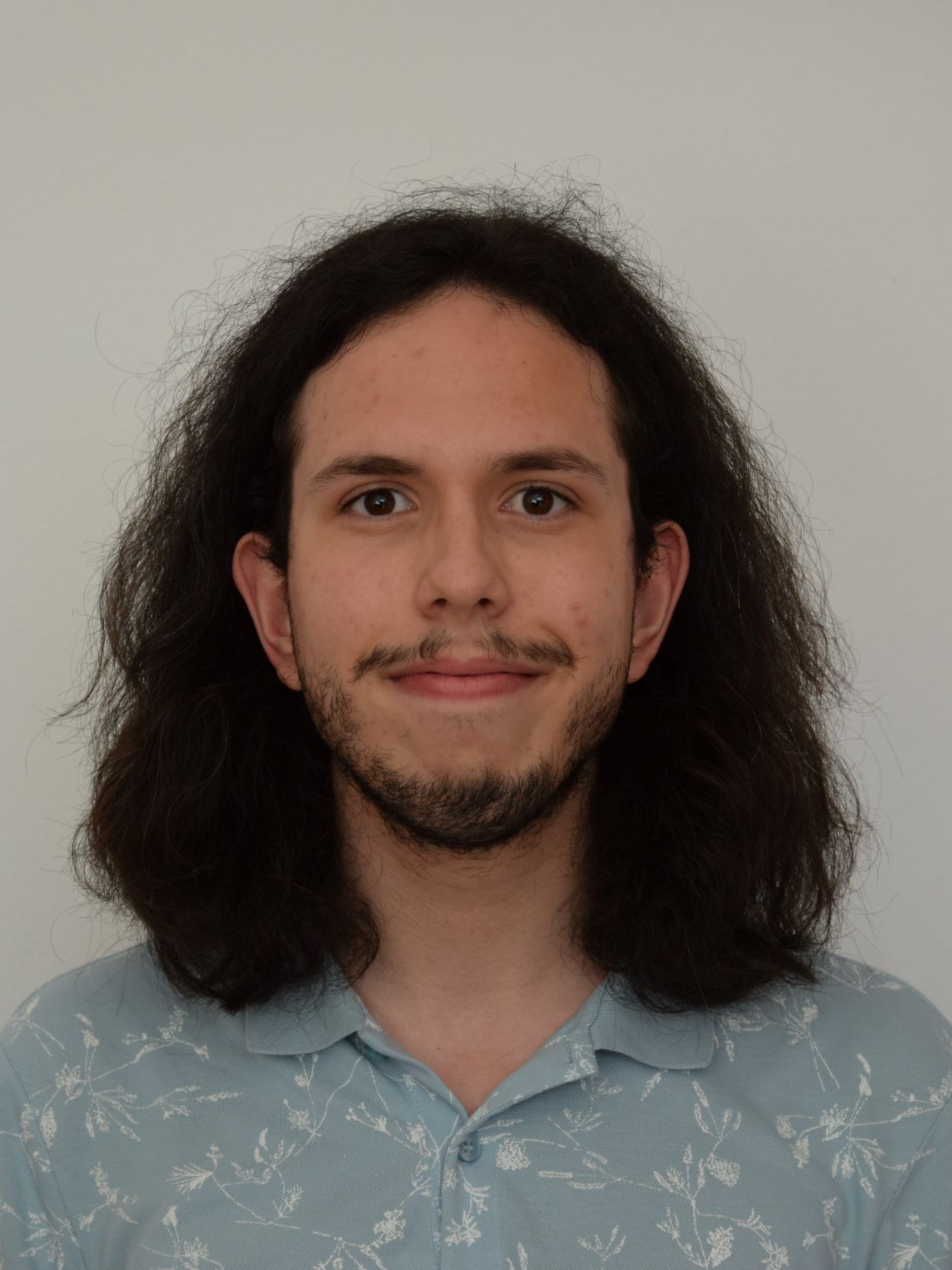
Sergiu Petrusca
- Scholar
- Romania
- 2023 PhD Nanoscience and Nanotechnology
- St John's College
I was born and raised in Bistrița, a little medieval town in northern Transylvania. Fortunately, the town did not get stuck to how it was immortalised in the first chapter of Dracula, as I had the chance to learn from a brilliant cohort of science teachers. They encouraged me to go to various olympiads, a common experience in Eastern Europe, where I have made many long-lasting friendships. Students that had already gone abroad to study encouraged us to follow. That is how I got to do my M. Sci in Natural Sciences at Cambridge, specialising in Chemistry. Throughout the summers I have worked on Chiral Covalent Organic Frameworks at the Babeș-Bolyai University of Cluj-Napoca, and Tetra-Aniline Spindle-Structured Cages in Prof. Nitschke’s group in Cambridge, to cement my synthetic skills. Currently, I am working on Chiral Conjugated Polymers in Prof. Bronstein's group, to understand what modulates the chiral response in such compounds. Pursuing a PhD in Nanoscience would provide the best framework to enrich my scientific toolkit, by interacting and engaging with academics from physics, engineering, and material science. Global warming is a multifaced problem, and it does require interdisciplinary solutions.
Previous Education
University of Cambridge Natural Sciences 2023
Katrin Pfeil
- Alumni
- Germany
- 2012 PhD Criminology
- Selwyn College
Katrin Pfeil
- Alumni
- Germany
- 2012 PhD Criminology
- Selwyn College
I graduated from the University of Magdeburg with a degree in Psychology. Subsequently I worked in a forensic psychiatric hospital for two years and started my further professional education in legal psychology before coming to Cambridge. Last year I started a Master’s programme in Criminology, followed by a PhD. I am especially interested in eyewitness psychology and ways to improve witness performance of older adult witnesses. During my PhD I will look at a new investigative interviewing technique and will conduct a series of experiments with older adults. In future, I hope to contribute to German and international investigative interviewing and help minimize wrongful convictions. After finishing my further professional education I also intend to work for law courts as a chartered forensic psychologist and furthermore, provide training for judges and lawyers concerning the psychological and psychiatric overlap with the legal system.
Carl Pfendner
- Alumni
- United States
- 2005 MPhil Theology
- Peterhouse
Carl Pfendner
- Alumni
- United States
- 2005 MPhil Theology
- Peterhouse
I am interested in the connection between science, religion, and philosophy and what makes them so opposed to each other in the public eye, especially in the U.S. I am also interested in the parallel development of philosophy and religion in all cultures. Professionally, I have pursued the study of particle astrophysics, in particular ultra-high energy cosmic rays, neutrinos, and their sources. I have worked on the Pierre Auger Observatory, IceCube, EVA, and ARA experiments. I hope that the study of the universe and its laws brings us closer to an understanding of both the divine and human condition. Currently I am working as a Data Scientist helping to develop nuclear technologies that will hopefully help society with problems in the security, medical, and energy fields.
Hoai Pham
- Alumni
- United States
- 2001 PhD Historical Studies
- Pembroke College

Hoai Pham
- Alumni
- United States
- 2001 PhD Historical Studies
- Pembroke College
Dr. Julie Pham is the founder and the CEO of CuriosityBased, an organizational development firm based in Seattle. She is the author of the #1 Amazon New Release and Bestseller 7 Forms of Respect: A Guide to Transforming Your Communication and Relationships at Work.
Dr. Pham has been recognized with numerous awards for her community leadership. She has applied her community building approach to building strong, collaborative and curious teams.
She was born in Saigon, Vietnam and raised in Seattle. Dr. Pham earned her PhD in history at Cambridge University as a Gates Cambridge Scholar and she graduated magna cum laude from University of California, Berkeley as a Haas Scholar. She earned her real life MBA by running her family’s Vietnamese language newspaper during the 2008-2010 recession. She has worked as a journalist, historian, university lecturer, marketer, nonprofit executive, and management consultant.
Previous Education
University of California (Berkeley) BA (History) 2001
Links
http://www.curiositybased.com
https://www.facebook.com/julie.pham.9843
https://www.linkedin.com/in/juliepham2
Duc Phan
- Alumni
- Viet Nam
- 2008 MPhil Economics
- Girton College
Duc Phan
- Alumni
- Viet Nam
- 2008 MPhil Economics
- Girton College
The Gates community is simple awesome!
Darci Phillips
- Alumni
- United States
- 2003 MPhil BioScience Enterprise
- Trinity Hall

Darci Phillips
- Alumni
- United States
- 2003 MPhil BioScience Enterprise
- Trinity Hall
This taught MPhil program covers the latest advances in biological and medical science, together with business management and the ethical, legal and regulatory issues associated with bringing scientific advances to market.
Matthew Phinney
- Alumni
- United States
- 2011 MASt Pure Mathematics
- Darwin College
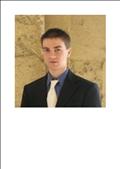
Matthew Phinney
- Alumni
- United States
- 2011 MASt Pure Mathematics
- Darwin College
I am currently studying for Part III of the Mathematical Tripos (MASt Pure Mathematics). My main interests lie in applied and computational analysis, probability theory, and stochastic calculus. I am particularly interested in the design of efficient algorithms for the characterization of multiscale systems.
Edoardo Piano
- Alumni
- Italy
- 2001 PhD Mechanical Engineering
- St Edmund's College

Edoardo Piano
- Alumni
- Italy
- 2001 PhD Mechanical Engineering
- St Edmund's College
My background in mechanical engineering has prepared me to tackle diverse problems in the field of engineering. Just after my arrival in Cambridge, I radically changed my research field thanks to the generous support from the Trust. I am now working on the development of a wastewater treatment system to deal with the crucial sanitation issues of refugee camps. I hope to become a professional engineer with a broad background in sustainable development, business economics and human dignity.
Agnieszka Piasna
- Alumni
- Poland
- 2009 PhD Sociology
- Queens' College
Agnieszka Piasna
- Alumni
- Poland
- 2009 PhD Sociology
- Queens' College
For my PhD in Sociology I analyse trends in job quality (work intensity, working time flexibility and job autonomy) across various welfare systems in the EU. My research interests involve broadly various aspects of job and employment quality from the comparative perspective. I researched work-life balance arrangements in Italy; retirement transitions in Poland; professional work environments in the UK; debates and measures of quality of employment from the perspective of a development agenda of Latin America; gender equality and gender norms in the EU.
Katherine Pickard
- Alumni
- United States
- 2011 MPhil Social & Developmental Psychology
- Newnham College

Katherine Pickard
- Alumni
- United States
- 2011 MPhil Social & Developmental Psychology
- Newnham College
This year at the University of Cambridge, I will be receiving an MPhil in Social and Developmental Psychology under the supervision of Dr. Claire Hughes. During my time in Cambridge I will be working on Dr. Hughes' "Toddlers and Up" project, a longitudinal study that examines young children's learning profiles. By looking at young children with high levels of inhibition and social anxiety, I hope to compare their performance on executive function tasks to their more outgoing peers.
Blanca Piera Pi-Sunyer
- Scholar
- Spain
- 2021 PhD Psychology
- Darwin College

Blanca Piera Pi-Sunyer
- Scholar
- Spain
- 2021 PhD Psychology
- Darwin College
It was during my BSc in Psychology at the University of Amsterdam, NL, that I became interested in how social, cultural and environmental factors present in the immediate environment can bring about individual differences between people. It became clear that brain development and neuroplasticity play a crucial role in contributing to these individual differences and I developed a deep interest in developmental neuroscience. For this reason, I completed an MRes in Cognitive Neuroscience at University College London, UK, focusing on adolescent socio-cognitive development. I am especially interested in the period of adolescence (defined as 10 to 24 years) because 75% of socio-emotional disorders first appear during this period of life, highlighting the urgent need to better understand how the social environment contributes to the development of the brain and cognition. In a collaboration between the University of Cambridge and the Institute of Global Health in Barcelona, I will carry out an interdisciplinary PhD project that will assess how sociocultural and environmental factors contribute to self- and socio-cognitive processing in adolescence, and how these may be associated with risk and resilience to mental health problems.
Previous Education
University College London Cognitive Neuroscience 2019
University of Amsterdam PPLE - Psychology Major 2018








